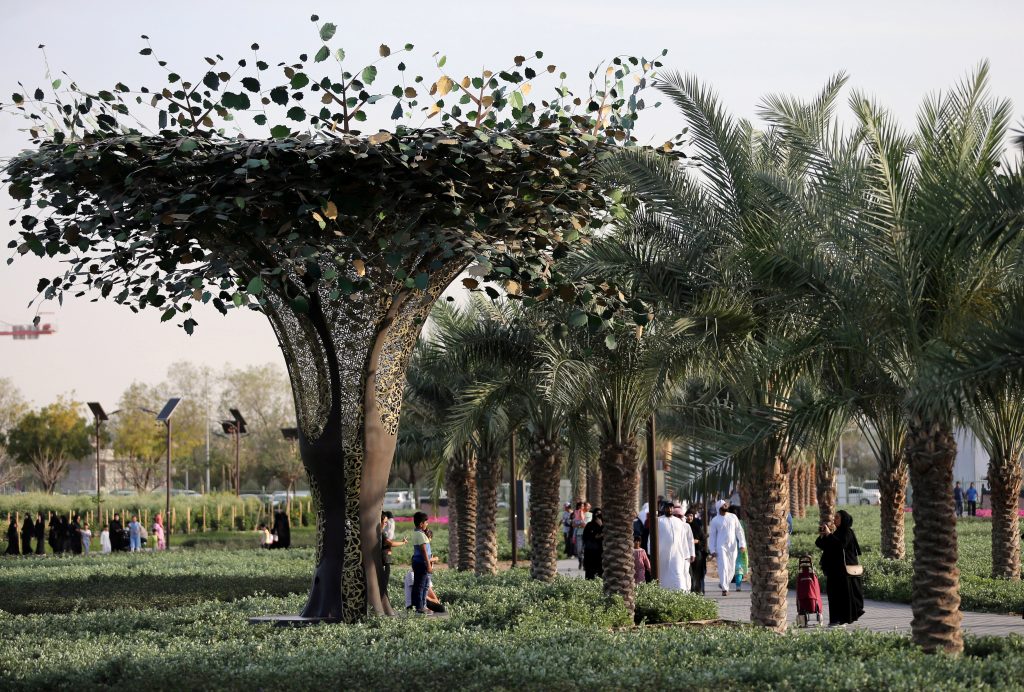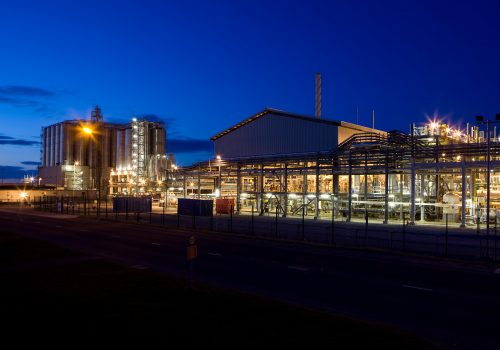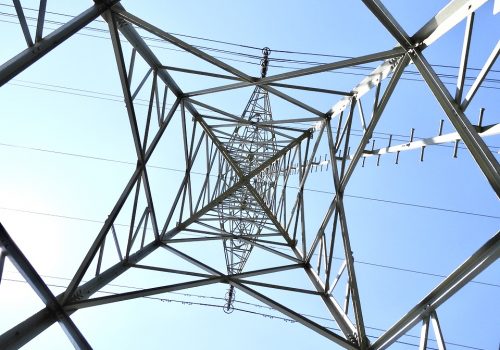As many of the Arab Gulf states work to move away from economic reliance on hydrocarbons exports, the Kingdom of Saudi Arabia (KSA) and the United Arab Emirates (UAE) have emerged as regional leaders of the energy transition. Both countries have taken steps to decarbonize their respective energy sectors, and both are also rethinking the ways in which they participate in the global energy system. However, Saudi Arabia and the UAE each face challenges in their efforts to participate in and lead the global energy transition.
In the new Atlantic Council report, The energy transition in the Arab Gulf: From vision to reality, by Dr. Jean-François Seznec and Samer Mosis, the authors explore the steps that Saudi Arabia and the UAE have taken to further their decarbonization efforts while also offering a clear-eyed view of the challenges that each country faces.
Meet the author
Read more about our energy transition work
Learn more about the Global Energy Center

The Global Energy Center develops and promotes pragmatic and nonpartisan policy solutions designed to advance global energy security, enhance economic opportunity, and accelerate pathways to net-zero emissions.
Image: Solar panel trees are seen on the pathway at Dubai's Quranic Park in Dubai, UAE April 6, 2019. Picture taken April 6, 2019. REUTERS/Satish Kumar





